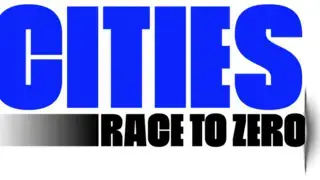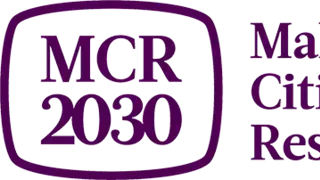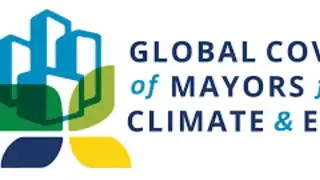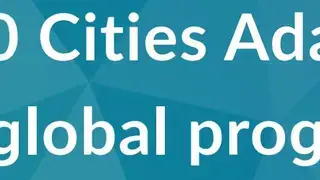
Race to Zero
Race To Zero is a global campaign to rally leadership and support from businesses, cities, regions and investors, and to push for a healthy, resilient, zero carbon recovery that can prevent future threats, create secure livelihoods and job opportunities, and unlock inclusive, fair and sustainable growth.
The campaign, led by the High-Level Climate Champions for Climate Action Nigel Topping and Gonzalo Muñoz, aims to build momentum around the shift to a decarbonised economy ahead of COP26 in November 2021. At COP26, governments are required to strengthen their contributions to achieve the Paris Agreement targets. The campaign will send governments a strong signal that they are united in meeting the Paris Agreement goals and in creating a more inclusive and resilient economy.

Cities Race to Zero
"1,000 cities racing to zero emissions"
C40 Cities, the Global Covenant of Mayors for Climate and Energy (GCoM) and CDP announced a campaign to mobilize as many as 1,000 cities globally to join the Race to Zero in time for COP26. The initiative was launched on 9 November 2020 at a high-level virtual event during the opening day of the Race to Zero Dialogues.
Mayor of Los Angeles and C40 Chair, Eric Garcetti called on his fellow city leaders to join this global movement to address the climate crisis and deliver a green and just recovery from COVID-19.

Race to Resilience
The Race to Resilience campaign was launched on 25 January 2021 by Alok Sharma, COP26 President designate, after an opening statement from Ban Ki-moon, 8th Secretary General of the United Nations.
Race to Resilience goes hand-in-hand with Race to Zero campaign. It sets out to catalyse a step-change in global ambition to build the resilience of 4 billion people by 2030, with the aspiration to let people and nature not just survive climate shocks and stresses, but thrive in spite of them.

Making Cities Resilient 2030 (MCR2030)
Making Cities Resilient 2030 (MCR2030) is a cross-stakeholder initiative that aims at boosting local resilience through advocacy and knowledge sharing, by initiating mutually reinforcing city-to-city learning networks, providing technical expertise, linking different levels of government, and building valuable partnerships.
MCR2030 directly contributes to the achievement of Sustainable Development Goal 11 (SDG11), which sets to “make cities and human settlements inclusive, safe, resilient and sustainable” by 2030, as well as other global frameworks, including the Sendai Framework for Disaster Risk Reduction, the Paris Agreement and the New Urban Agenda.

Global Covenant of Mayors
GCoM is the largest global alliance for city climate leadership, built upon the commitment of over 10,000 cities and local governments. These cities hail from 6 continents and 140 countries. In total, they represent more than 900 million people. By 2030, Global Covenant cities and local governments could account for 2.3 billion tons CO2e of annual emissions reduction, matching yearly passenger road emissions from the U.S., China, France, Mexico, Russia, and Argentina combined.
Increasingly, cities and local governments across the globe are heeding the call to act. With nations working towards the goals of the Paris Climate Agreement, cities’ involvement could not be more urgent.
The cities and partners of the Global Covenant of Mayors for Climate & Energy share a long-term vision of supporting voluntary action to combat climate change. Together, we’re working towards a resilient and low-emission society.

1000 Cities Adapt Now (1000CAN)
The 1000 Cities Adapt Now (1000CAN) was launched on 25 January 2021 during The Climate Adaptation Summit 2021, a virtual meeting hosted by the Netherlands, which brought together global leaders and a wide range of stakeholders.
The 10-year long 1000CAN programme has a specific focus on urban water resilience and nature-based solutions, transformative capacity-building in cities, and horizontal learning between cities. 1000CAN supports a green and just post-COVID-19 recovery, aimed at creating new jobs, improving our cities' equality, and preparing communities to adapt to climate change as well as health threats.